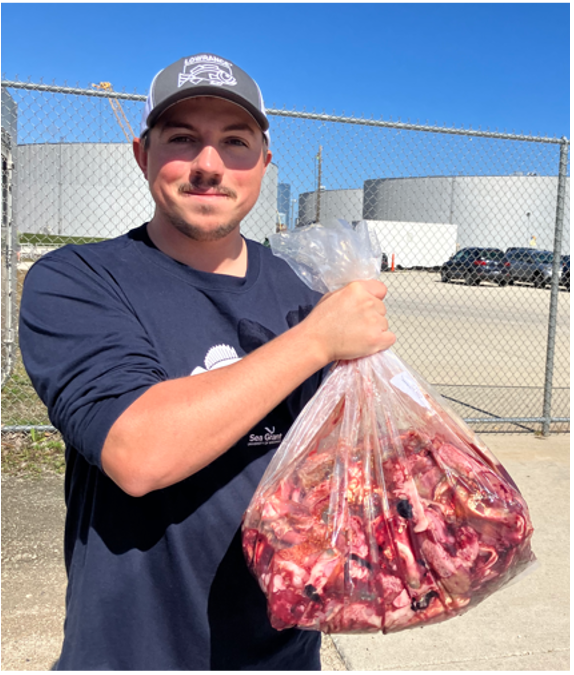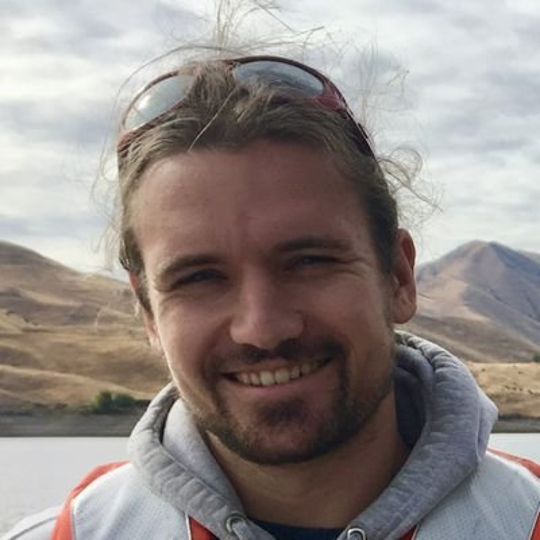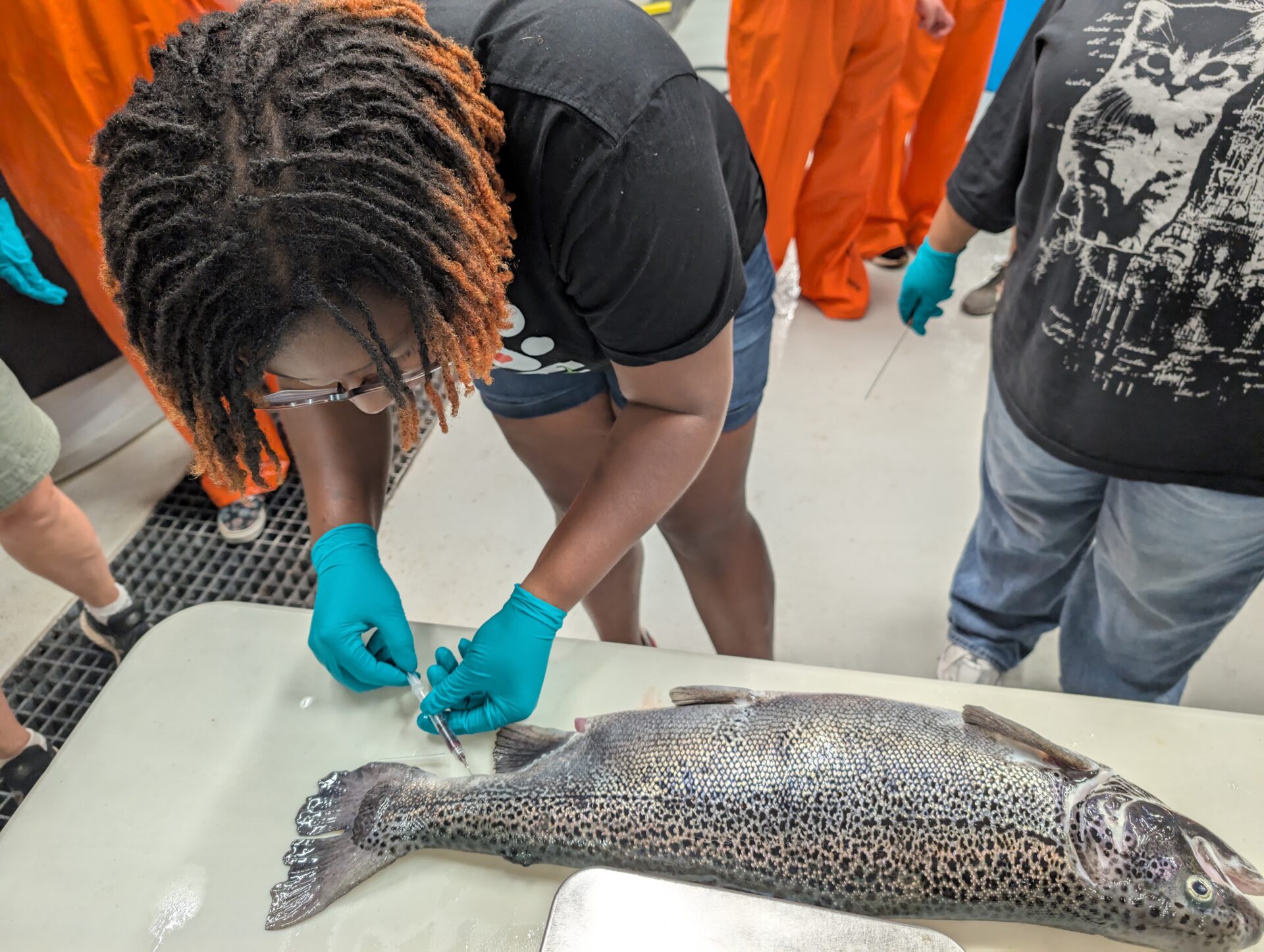It all started so innocently. Eleven years ago, Paul Herder received a postcard from the University of Wisconsin-Milwaukee promoting the National Ocean Science Bowl competition. Herder, at the time an Earth science teacher in Marshfield, Wis., said he got “cranked up” about the topics involved in the event (meteorology, geology, oceanography, etc.) and it appealed to his competitive nature. This perfect combination led to Herder’s long-term involvement with the NOSB and a four-year winning reign for Marshfield High School, in addition to inspiring several careers in aquatic and marine science along the way.
Marshfield High recently won the two-day national tournament in Baltimore. Not only did the four-person team complete rapid-fire buzzer questions, they conducted a mock expert science briefing, which involved coming to consensus on an ocean bill that’s before Congress.
“Just winning the state tournament is pretty phenomenal because we have a tough region,” Herder said. “We’ve had some brilliant kids who have dedicated themselves to working hard and they enjoy their teammates’ company.” He credits this as the secret to their success at the national level. Herder, who has retired from teaching and works for a mineral exploration company, hopes to help Marshfield with a fifth win. “The students want me to continue to coach, so if I’m permitted, I definitely want to coach again.”
Marshfield has won each year that Kathleen Meehan Coop has directed the NOSB. Only one other team has had so many consecutive wins in the event’s 15-year history. Although the NOSB is designed to be fun and get students excited about the ocean, Meehan Coop said the teams that excel are ones that start studying during summer. “They give up their afternoons. It’s not just one day a week after school. They spend three to four days a week preparing for the competition, so it’s a tremendous amount of dedication that helps these students do well.”
Winning teams pick from among prizes that include computer equipment and trips to conduct ocean- science activities. The landlocked Marshfield students will be traveling to Hawaii for a week this summer to visit national parks, talk with a geologist and meet researchers at the Hawaii Institute of Marine Biology on Coconut Island (as seen in the opening sequence of the television show, Gilligan’s Island).
“While they are exciting trips to exotic locales, they have a strong science focus, which the students love,” Meehan Coop said. The team’s coach goes on the trip as well as NOSB staff, and the trips are planned with support from regional Sea Grant programs – Hawaii Sea Grant, in this case.
Wisconsin Sea Grant supports the Lake Sturgeon Bowl – the Wisconsin state competition, which is hosted by UW-Milwaukee. In the event that Marshfield does not win the state contest next year, Herder said they still plan to be involved in the national competition because it will be held close to home in Milwaukee, the first time the NOSB will be held in a Great Lakes state. “Maybe they decided if these teams can’t beat Wisconsin, they should join us,” he joked.
“Although our competition is focused on the ocean, anything water-related is fair game,” Meehan Coop explained. “We thought it would be an opportunity to host the event in Milwaukee to bring kids from Hawaii and Texas to the Great Lakes because they may never have been to that part of the country, and the university has the capability to support this event.”
Herder can’t think of a single Marshfield competitor who did not continue on to scientific study. Meehan Coop says that even if students don’t go into a scientific field, “We feel it’s successful if they are better ocean stewards. If they go into management, they might have a better understanding for how their business impacts the ocean. The kids gain a passion for the ocean because of their participation in NOSB.”





